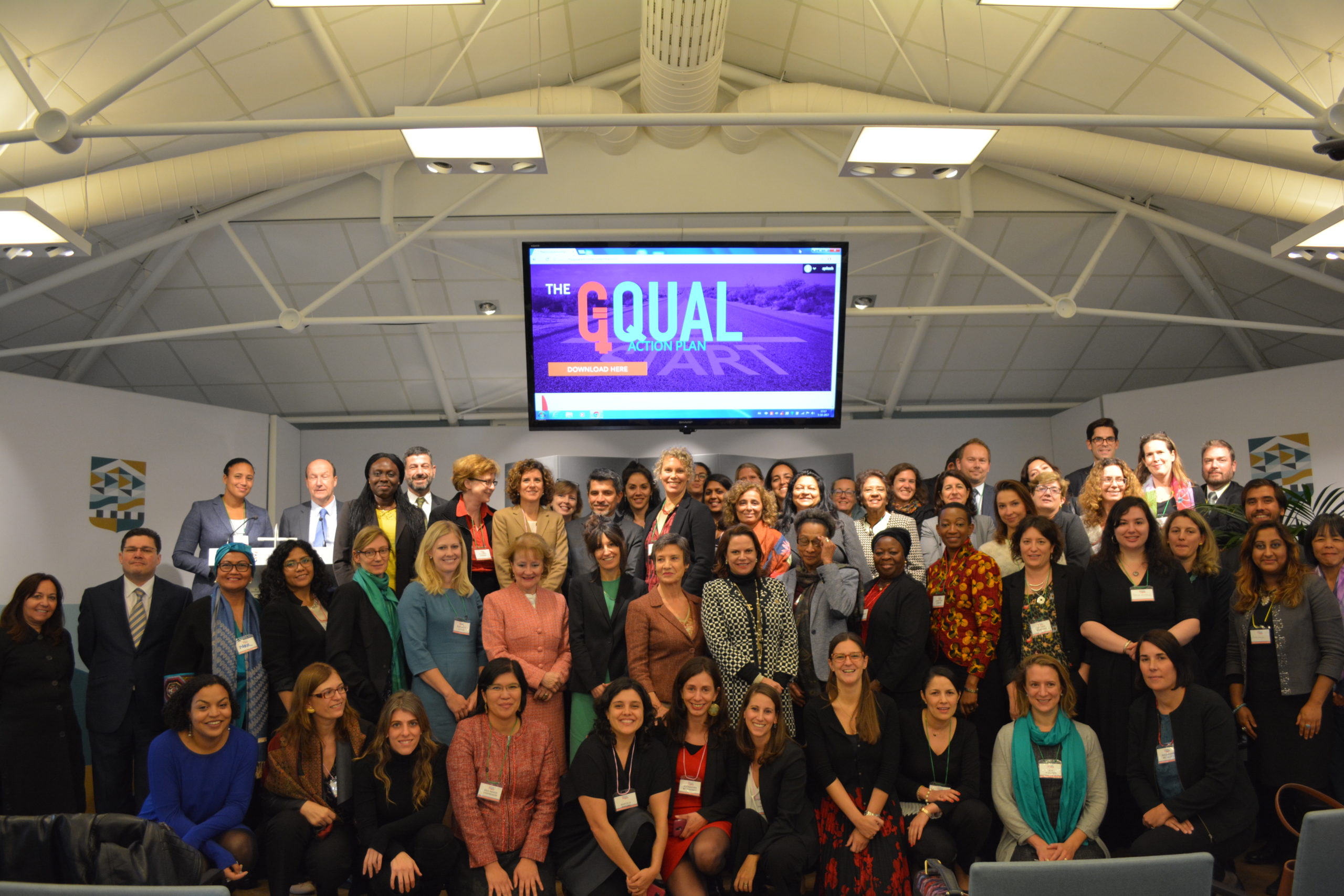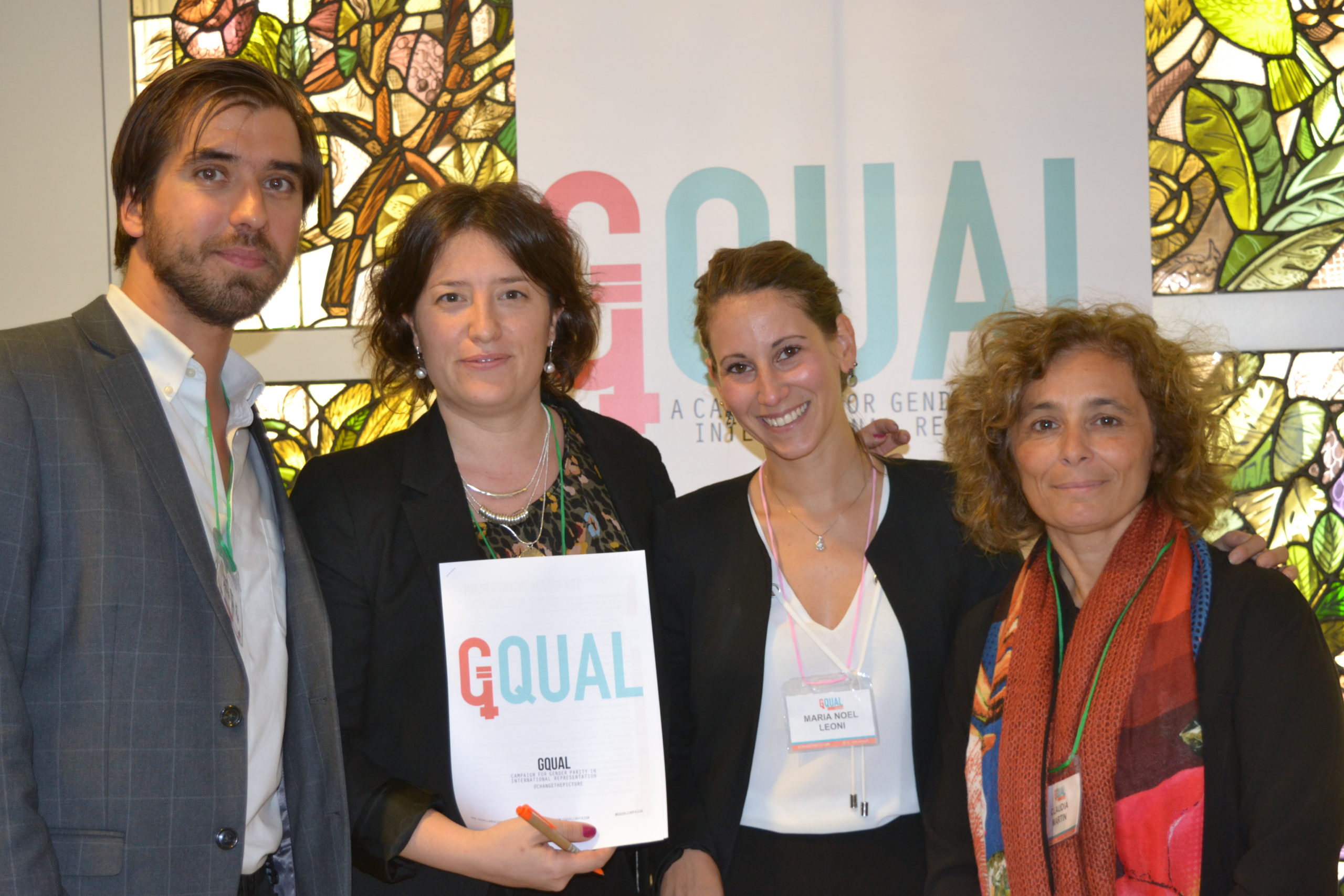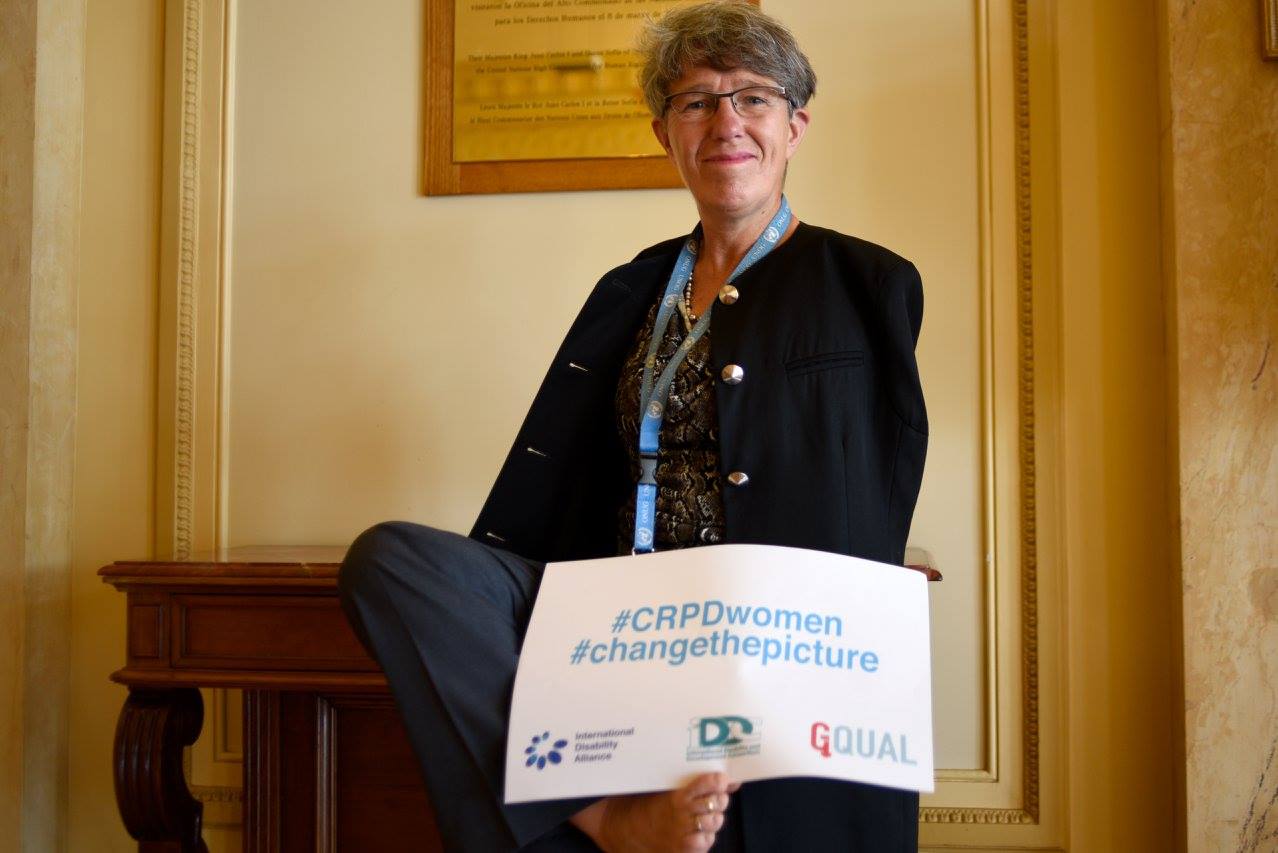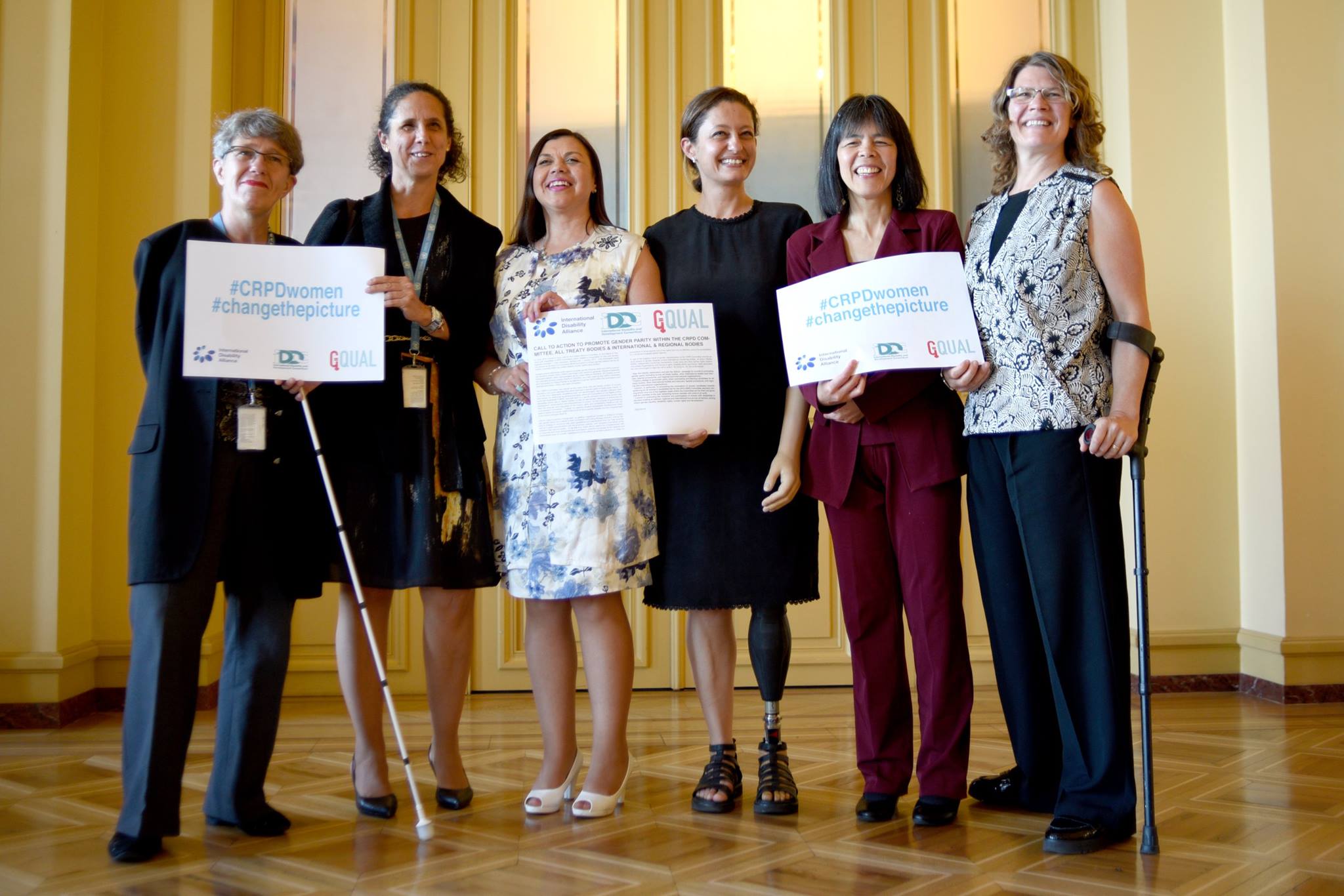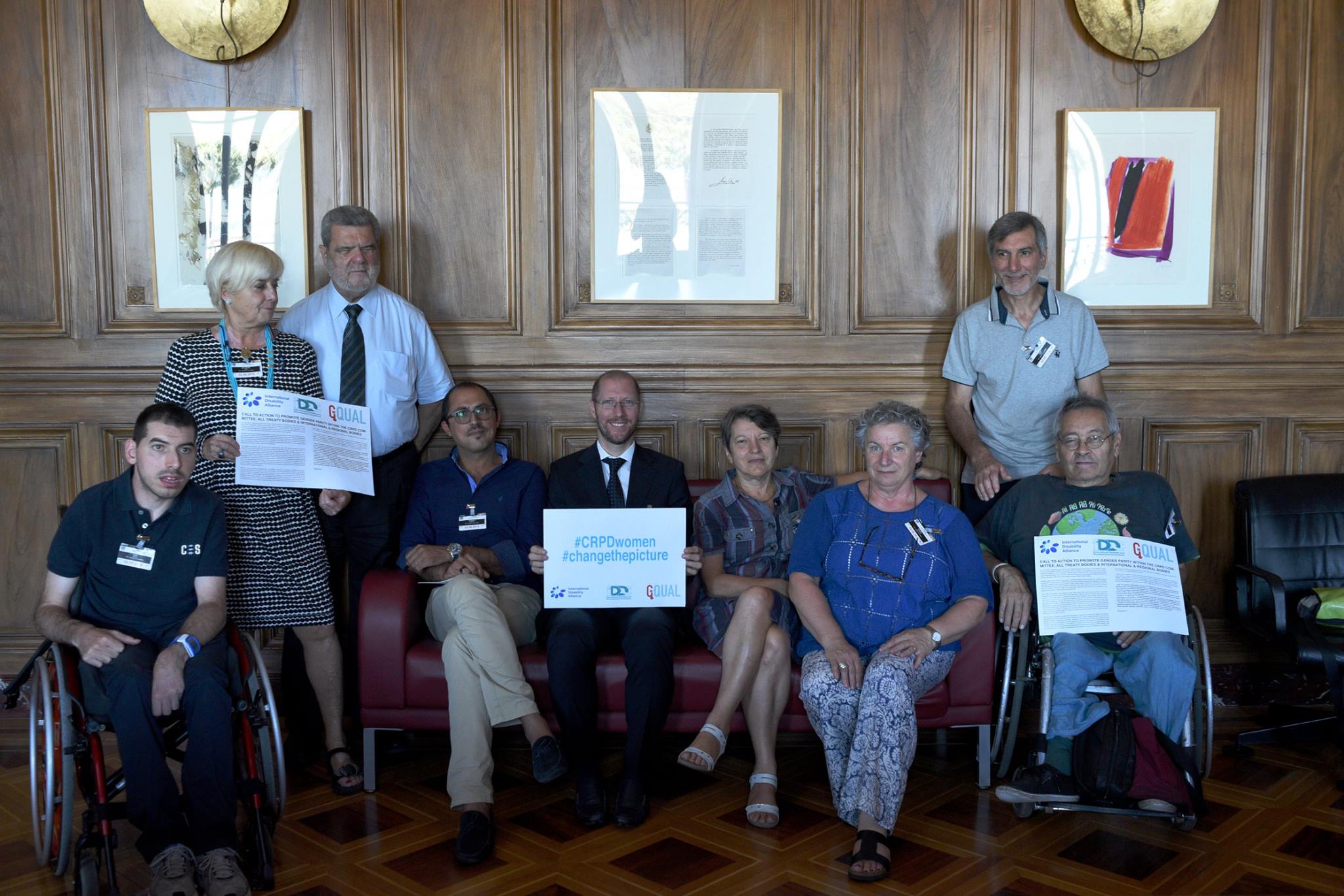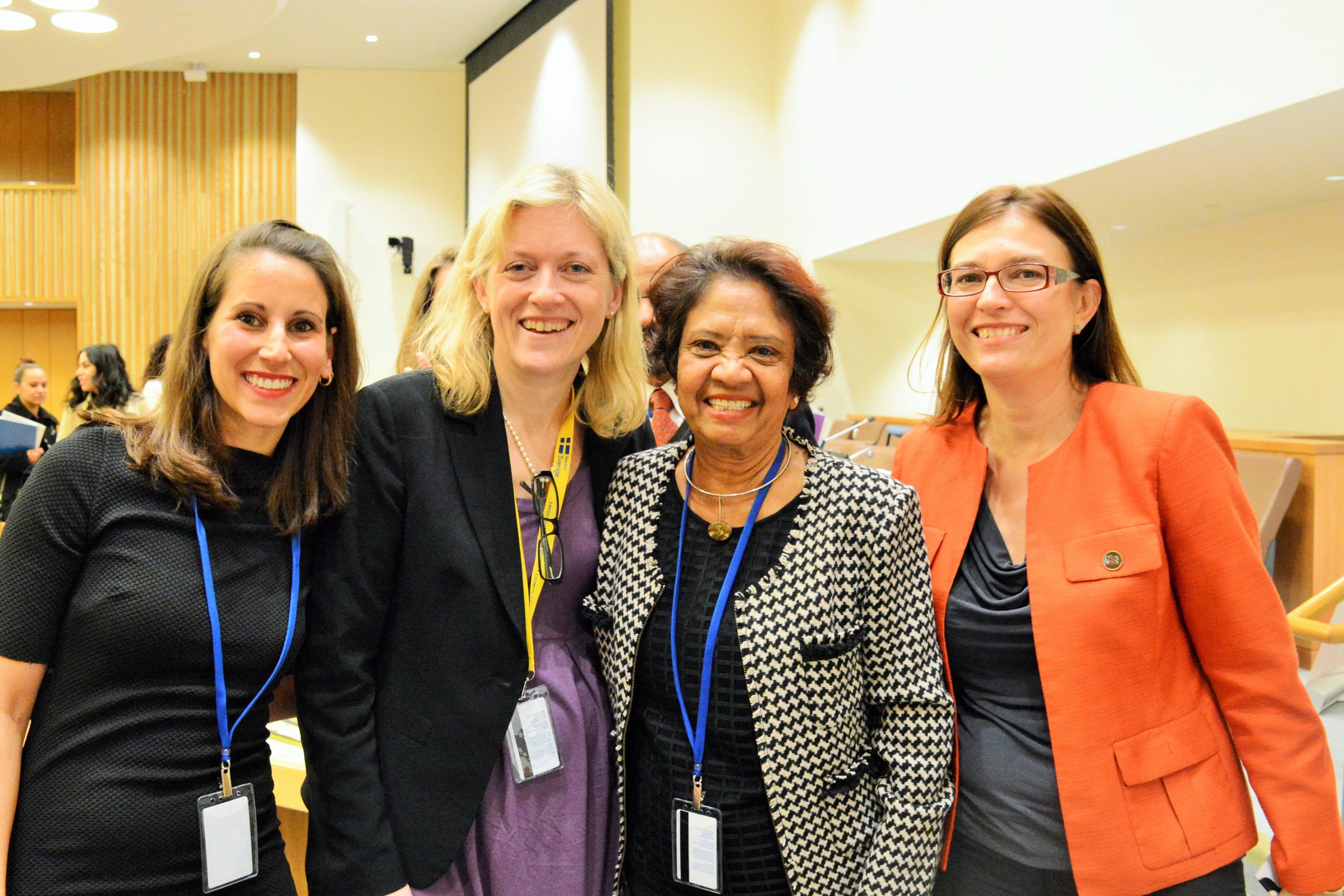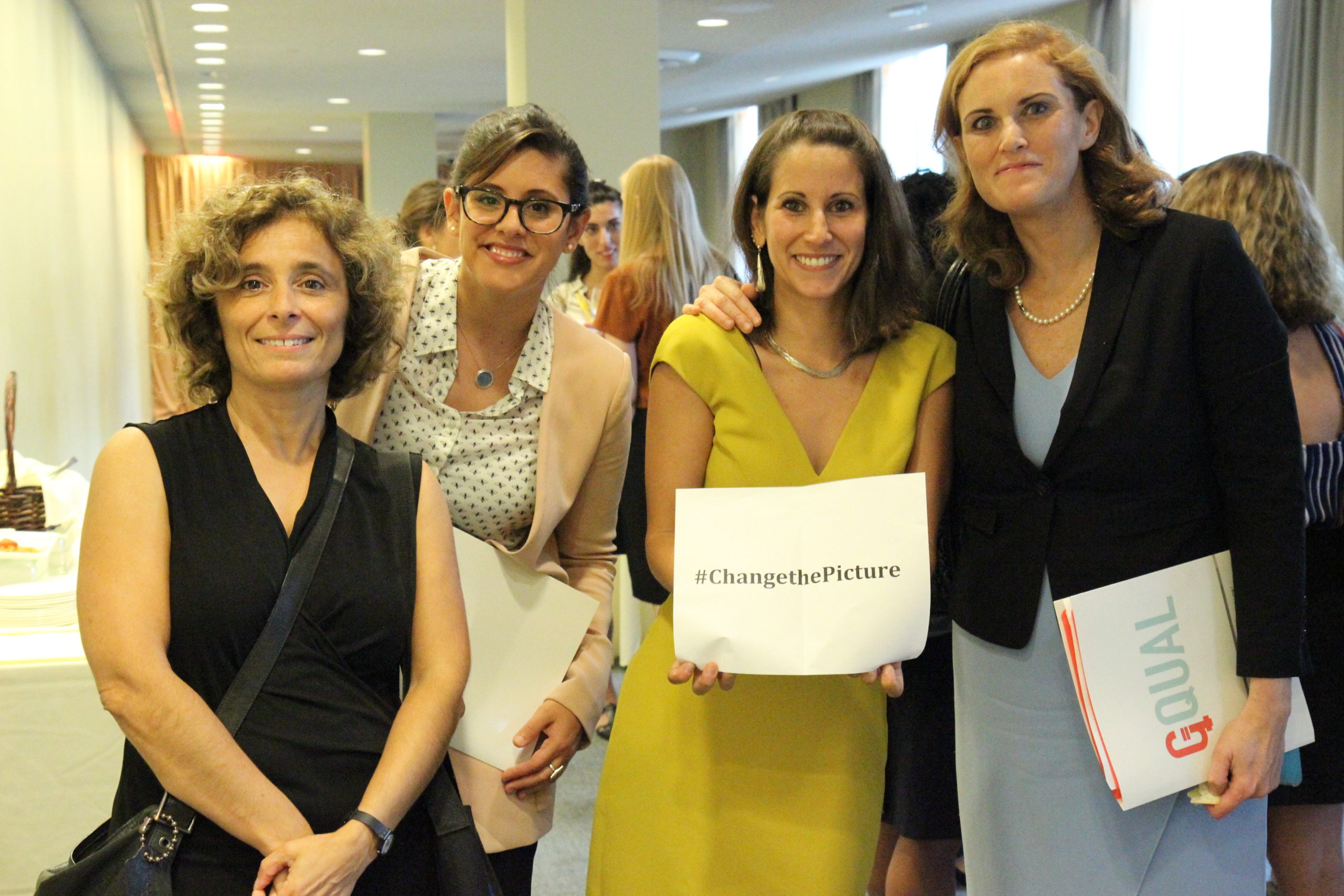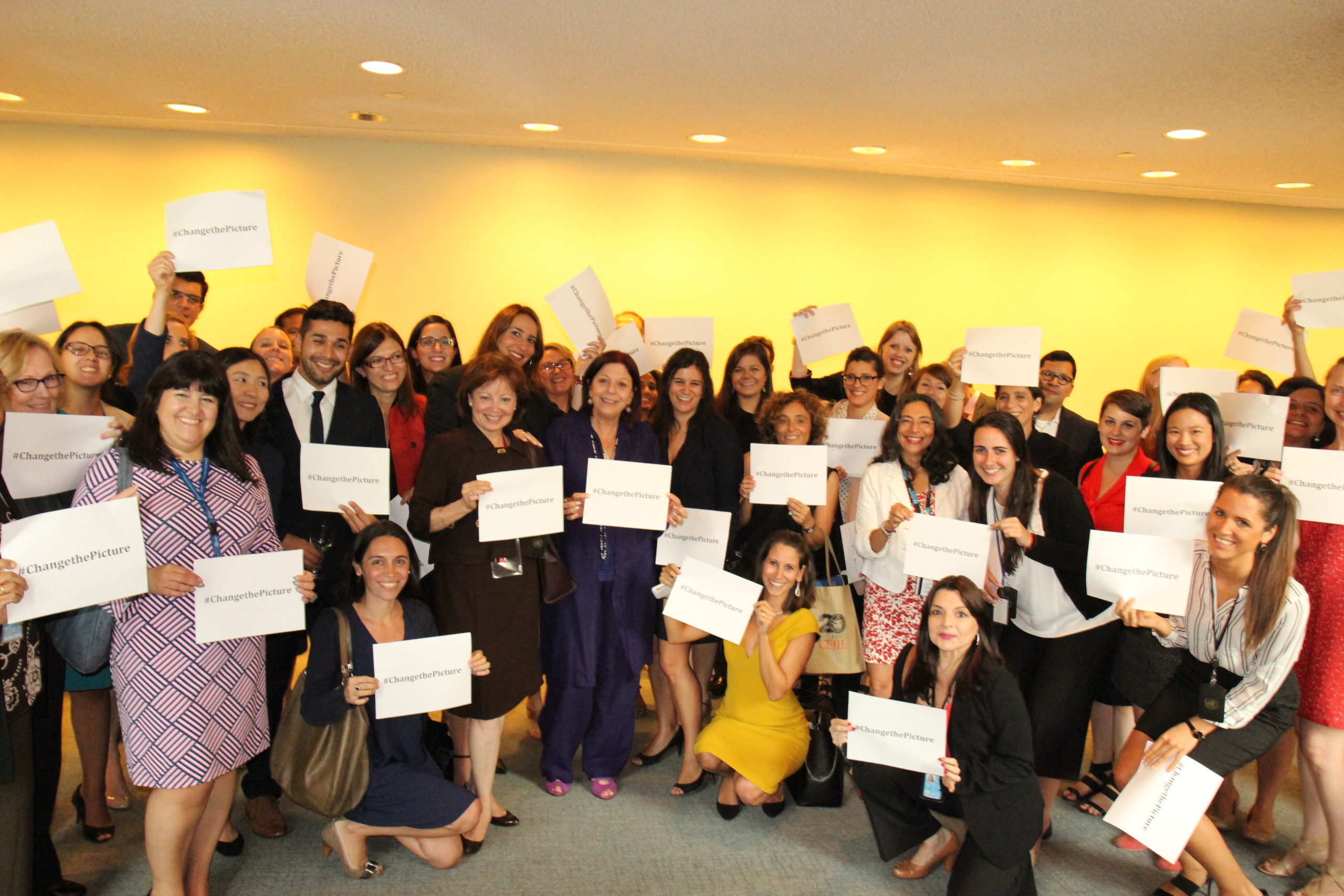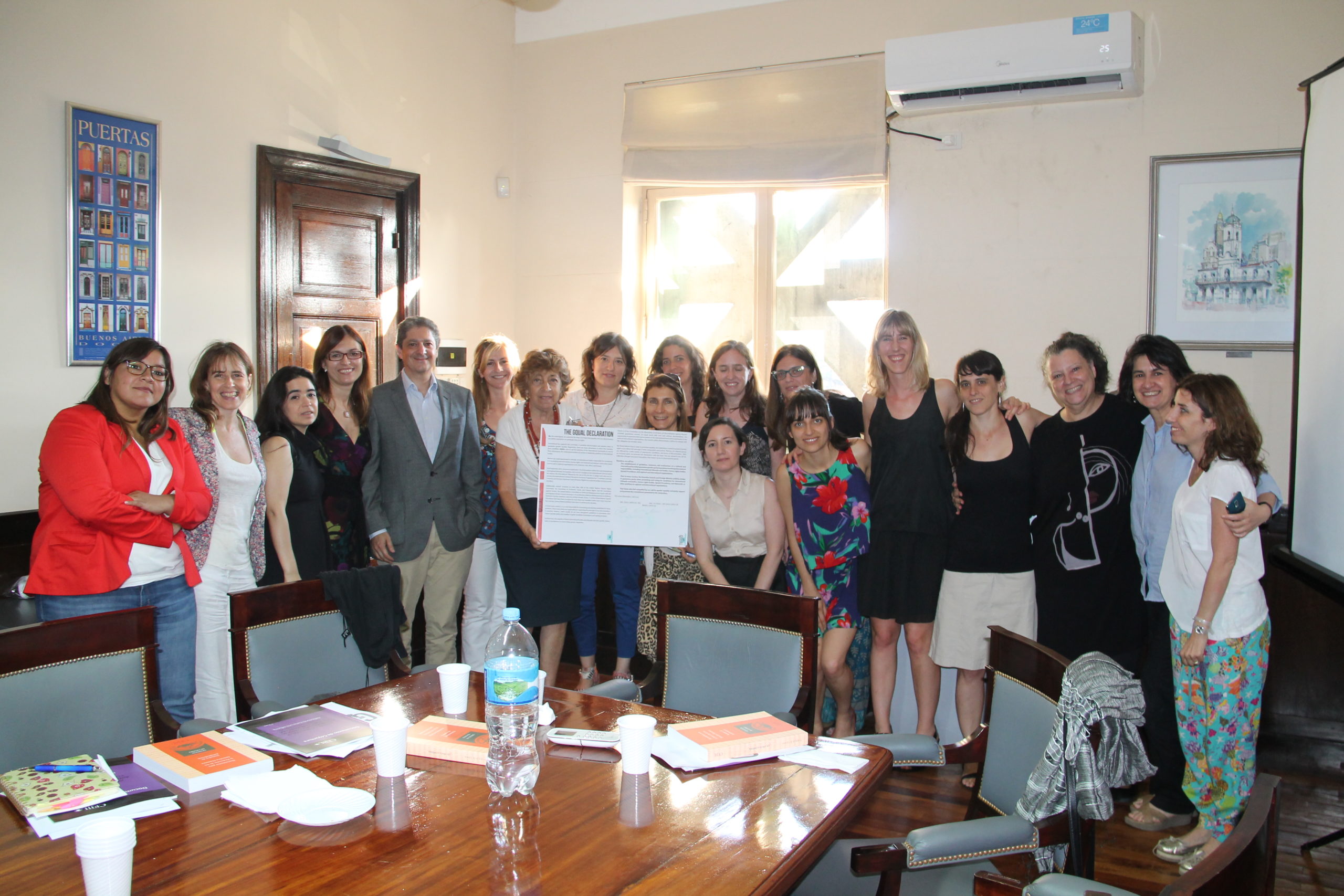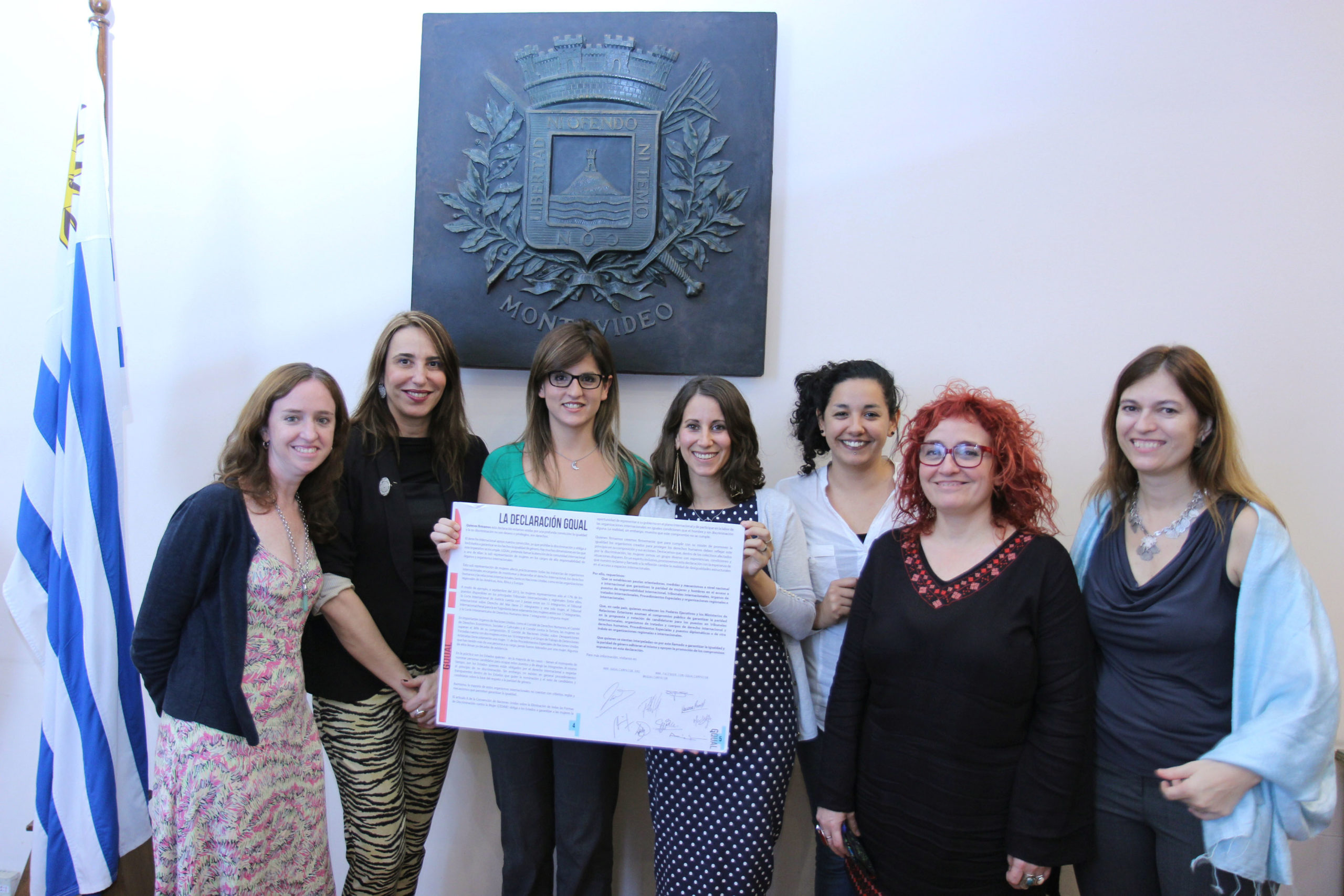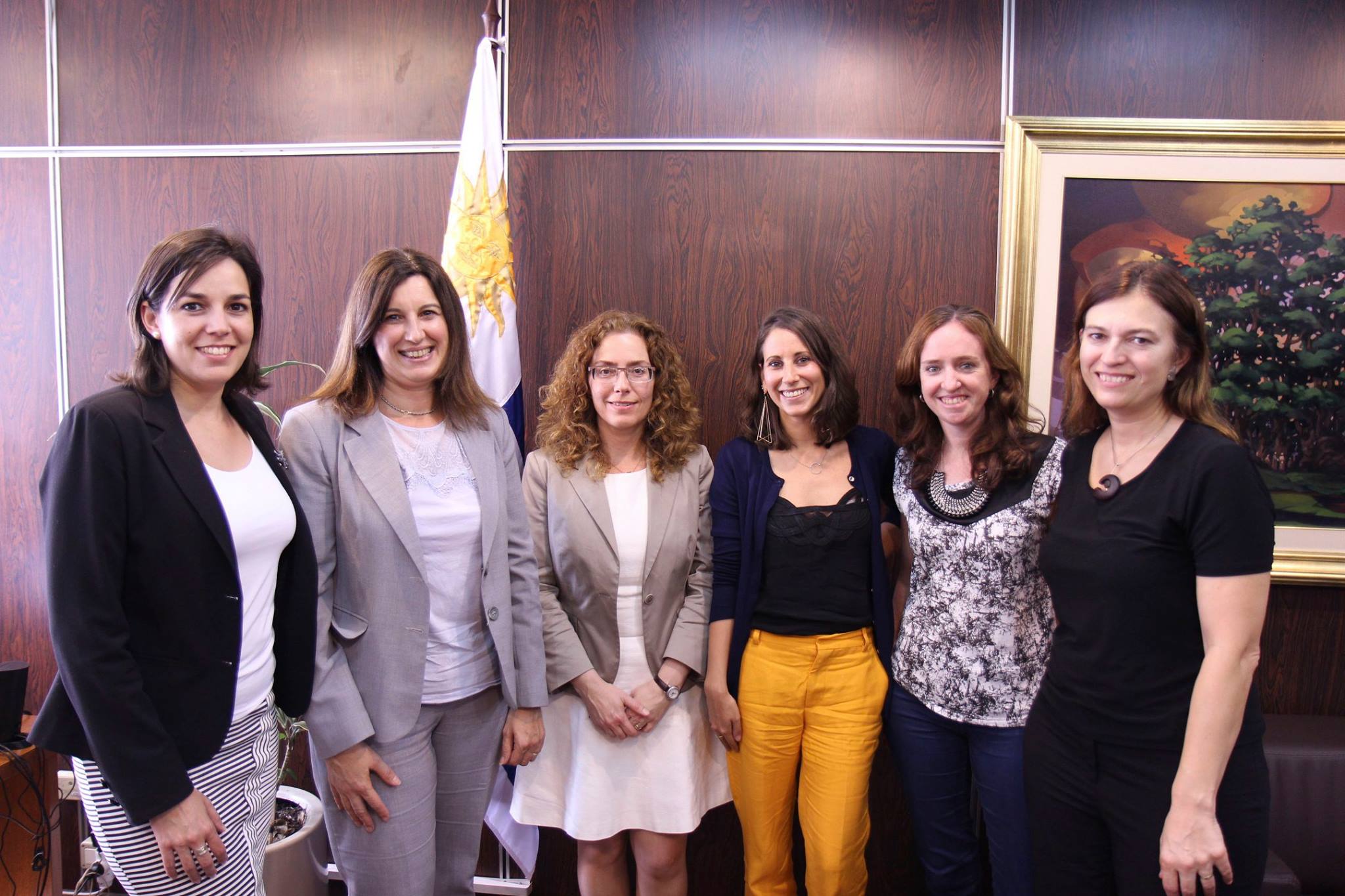Why is gender parity in international representation important?
The data compiled by GQUAL shows that the under-representation of women affects most courts, adjudicatory bodies, and international agencies charged with applying, interpreting, and creating international law.
GQUAL monitors the composition of 88 international bodies representing a total of 583 positions. Currently only 37% are occupied by women. This percentage is even lower if we do not count the bodies typically associated with women’s issues, such as the United Nations Committee on the Elimination of Discrimination against Women, the United Nations Working Group on Discrimination against Women and the United Nations Committee on the Rights of the Child.
Further analysis by GQUAL shows that even when the representation of women improves, it almost never reaches parity. Moments of gender balance are seldom sustained, quickly backsliding to previous low levels of representation.
We think this track record of inequality has serious consequences for international and national justice. Furthermore, because the decisions adopted by international bodies affect all people, nations and state institutions, the under-representation of women in these spaces affects democracies and the guarantee of people’s rights, especially women’s right to equality, as well as environmental protections, international cooperation, among other issues, that frequently depend on well-balanced decisions.
Women make up more than half of the world’s population. Their absence from international decisions is highly concerning and has four clear impacts:
- It affects women’s right to non-discrimination and to political participation, since it limits their ability to participate in equal footing with men in all aspects of public life, especially in decision-making and leadership positions
- It diminishes the legitimacy of international bodies, since equal participation is an essential component of democracy and sustainable development.
- It affects the impact of international bodies, since a critical mass of women brings important, diverse, and unique perspectives into the decision-making process, resulting in more meaningful and sustainable decisions. This is recognized, for instance, in Resolution 1325 of the UNGA, on Women, Peace and Security.
- It limits opportunities to address and eradicate gender-based violence and discrimination from our societies. In this sense, as recognized by the Sustainable Development Goal Agenda, women’s equal participation in decision-making and leadership is a precondition to achieve this urgent goal. Women need to be part of all instances where laws, practices and cultures are shaped in order to be able to change those that affect their rights.
Why do we need a global campaign?
Achieving equality at international bodies requires us to build the conditions, procedures and mechanisms to ensure that a qualified and diverse pool of women from across are nominated and elected to these organizations. But we’re not at a point where these conditions are self-generating and the absence of women from international spaces is not self-correcting. This means we need to work strategically, with global, regional and national stakeholders ranging from civil society organizations, academics, representatives of States and the very international institutions we want to impact if we want to develop collective advocacy actions and policy recommendations that will contribute to long-term, self-sustaining change.
Through this process GQUAL has built a global network, open to all, where we can exchange ideas, actions and commitments among all who are interested in achieving change.
What are our strategies to achieve change?
GQUAL’s strategies and roadmap are established in its two core documents: the GQUAL Declaration, adopted in 2015, and the Action Plan, adopted on 2017, which expands on the strategies found in the declaration.
We consider the incorporation of criteria across national and international selection processes for candidates to international positions as the key entry points for change. These processes often do not exist at the national level. Moreover, there is frequently no criteria on achieving or sustaining gender balance at the international level. For these reasons, GQUAL seeks to contribute to the development of guidelines to build these processes.
Our three main strategies are:

